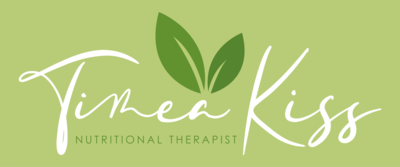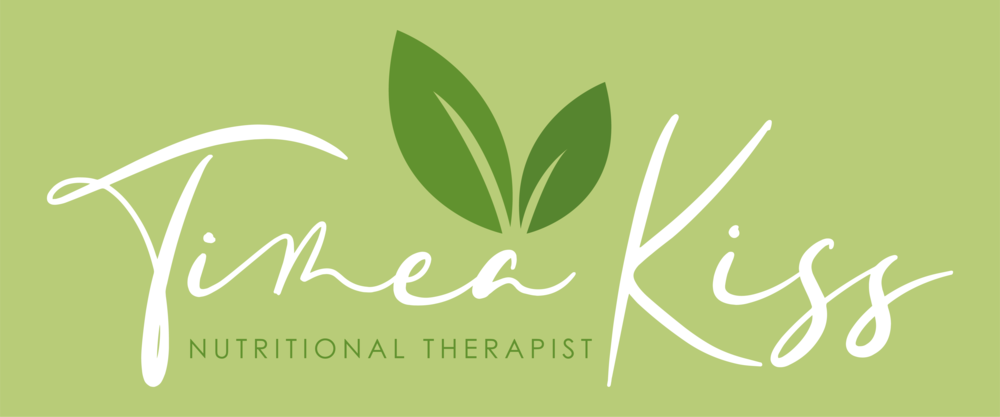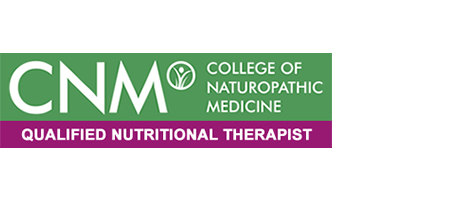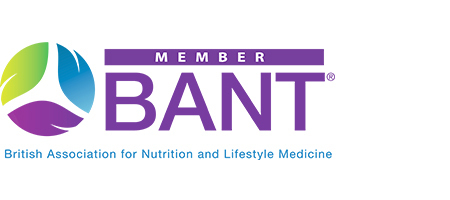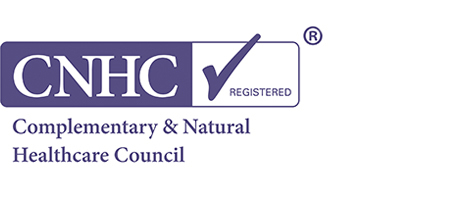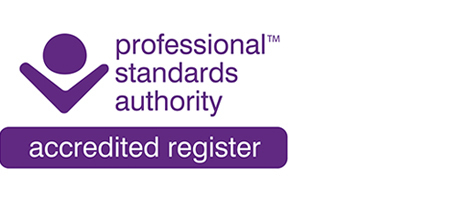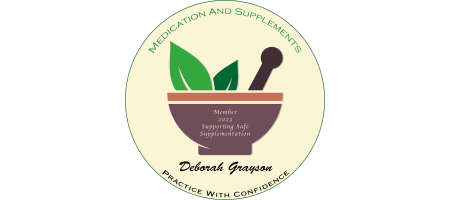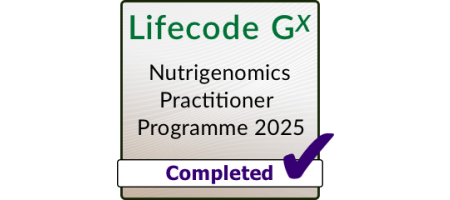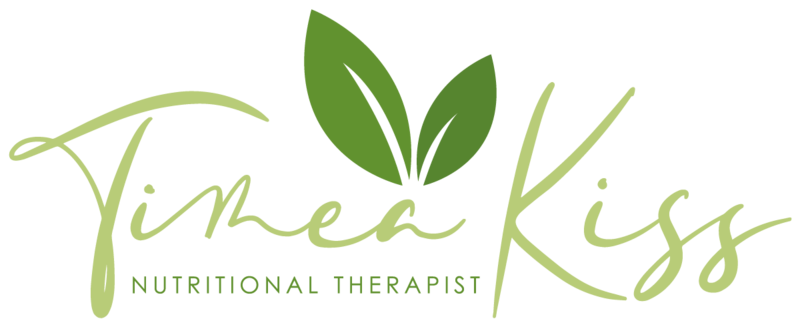Struggling to Digest Fats? These 4 Hormones Might Be to Blame
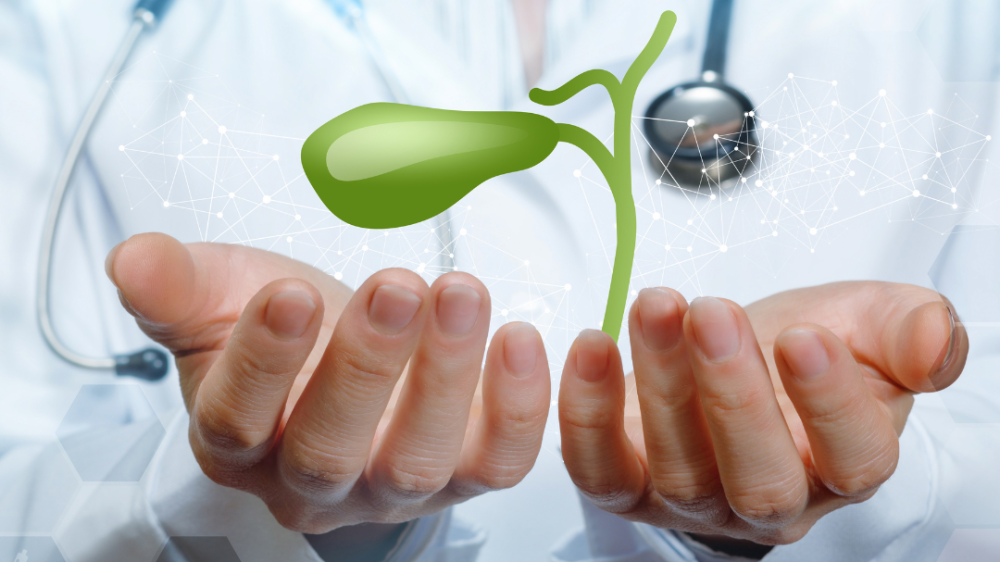
posted 19th May 2025

If you’ve been dealing with bloating, belching, greasy (floating) stools, or pain under your right ribcage, you might think the problem is purely digestive. But in functional medicine, we look deeper — and often, the culprit lies in your hormones, not just your gut.
Your liver and gallbladder play a critical role in breaking down fats, absorbing fat-soluble vitamins (A, D, E, and K), and eliminating toxins — including excess hormones. When this bile flow becomes sluggish or thick, symptoms like poor fat digestion, nausea after eating, constipation, skin breakouts, and hormone build-up often follow.
Let’s explore how four key hormonal imbalances — oestrogen, progesterone, cortisol, and thyroid hormones — can impair bile flow and contribute to ongoing digestive and hormonal symptoms.
1. Oestrogen Dominance: Thickens Bile and Slows Gallbladder Emptying
Oestrogen is a powerful hormone that, in excess, can interfere with how well your bile flows. Elevated oestrogen levels stimulate cholesterol secretion into bile, making it thicker and more sluggish. This not only increases the risk of gallbladder sludge or stones, but also compromises detoxification of hormones and toxins.
👉 Oestrogen dominance is common in:
- Women on hormonal contraceptives or HRT (oestrogen)
- Perimenopausal women
- Those with poor liver methylation or impaired phase II detoxification
- Exposure to xenoestrogens (plastics, conventional beauty products, pesticides etc.)
Research shows that women are 2–3 times more likely than men to develop gallstones, particularly during reproductive years and early perimenopause when oestrogen is higher (Everson et al., 1991). The hormone's impact on bile composition is a major factor.
Symptoms may include:
- Bloating after eating fatty meals
- Tenderness under the right rib
- PMS, heavy periods, breast tenderness
- Skin breakouts or melasma (dark patches on skin)
2. Low Progesterone: Weak Gallbladder Motility
While oestrogen thickens bile, progesterone helps regulate smooth muscle tone, including the muscles of your gallbladder. When progesterone is too low — often due to stress, perimenopause, age, or poor ovulation — bile flow can stagnate, leading to poor digestion and constipation.
In pregnancy, when progesterone is high, it actually slows the gallbladder’s emptying, but in normal physiological ranges, progesterone is key for healthy gallbladder contractions.
Women with low progesterone often feel bloated, constipated, or heavy after meals. They may also have difficulty detoxifying oestrogen efficiently, making the hormonal imbalance even worse that can lead to endometriosis, heavy bleeding, histamine issues, allergy-like symptoms, etc.
Contributing factors to low progesterone:
- Chronic stress (which depletes precursors needed for progesterone production)
- Under-eating (especially healthy fats) or over-exercising
- Age-related ovarian decline (often begins in late 30s)
3. High Cortisol: Stress Shuts Down Digestion
Cortisol is your body’s main stress hormone, and while it's essential for energy and inflammation control, chronically high levels can significantly impair digestive function.
When you're in a constant fight-or-flight state, your body prioritises survival over digestion — slowing gastric emptying, bile secretion, and gallbladder motility. This can even "steal" from your progesterone (to make cortisol), making thing even worse and leaving oestrogen levels too high (unopposed).
This results in:
- Incomplete fat digestion
- Belching or upper abdominal tightness
- Acid reflux or indigestion
- Disruption of gut motility and microbiome
Studies have shown that stress alters both the composition and function of bile acids, which can affect fat absorption and increase inflammation in the gut (Farhadi et al., 2004).
Chronic stress also contributes to blood sugar dysregulation, which indirectly increases insulin and oestrogen — further worsening bile flow.
4. Thyroid Dysfunction: The Bile Flow Slower
Thyroid hormones are essential regulators of metabolism — and this includes liver function, cholesterol turnover, and bile synthesis.
Low thyroid (hypothyroidism) can reduce bile production and gallbladder contractions, leading to:
- Poor fat digestion
- Constipation
- Sluggish detox pathways
- Hormonal build-up (oestrogen)
According to research, patients with hypothyroidism have a significantly higher incidence of gallstones (Galizia et al., 2018). This is because thyroid hormones influence hepatic enzyme activity, biliary cholesterol saturation, and intestinal motility.
Signs of thyroid-related bile issues include:
- Fatigue
- Dry skin
- Puffy face
- Cold intolerance
- Weight gain despite eating well
- Difficulty losing weight
💡 Functional Medicine Approach: Root Cause, Not Quick Fixes
In conventional medicine, gallbladder issues are often addressed with surgical removal or antacids — without exploring why bile flow became dysfunctional in the first place.
In functional medicine, we focus on identifying and addressing hormonal drivers, restoring liver and gut function, and supporting detoxification naturally.
Key strategies include:
- Testing sex and thyroid hormones
- Supporting liver detox pathways
- Reducing stress and balancing cortisol (through nervous system regulation)
- Using targeted herbs and nutrients to support bile flow
🧬 In Summary:
Your bile isn’t just about digestion — it’s a reflection of your hormonal, liver, and gut health.
If you’re struggling with symptoms like bloating, poor fat tolerance, right-sided pain, or hormonal swings, it’s time to look beyond the surface. Balancing your oestrogen, progesterone, cortisol, and thyroid function could be the missing link.
Ready to uncover your root cause?
I help women rebalance hormones, restore gut function, and feel themselves again — naturally.
DM me "HORMONES" or click HERE to book a free discovery call.
References:
Everson GT. (1991). “Gallstones: Why are women more affected than men?” Gastroenterology Clinics of North America, 20(4), 835–857.
Farhadi A, et al. (2004). “Effects of stress on the gastrointestinal tract.” World Journal of Gastroenterology, 10(23), 3553–3557.
Galizia G, et al. (2018). “Thyroid dysfunction and gallstone disease: A systematic review.” World Journal of Gastroenterology, 24(12), 1246–1255.
O'Brien, S. (2014). Natural Solutions to Digestive Disorders. Rodale Press.
Walsh, J. (2020). The Female Hormone Solution. Clinical Education UK.
